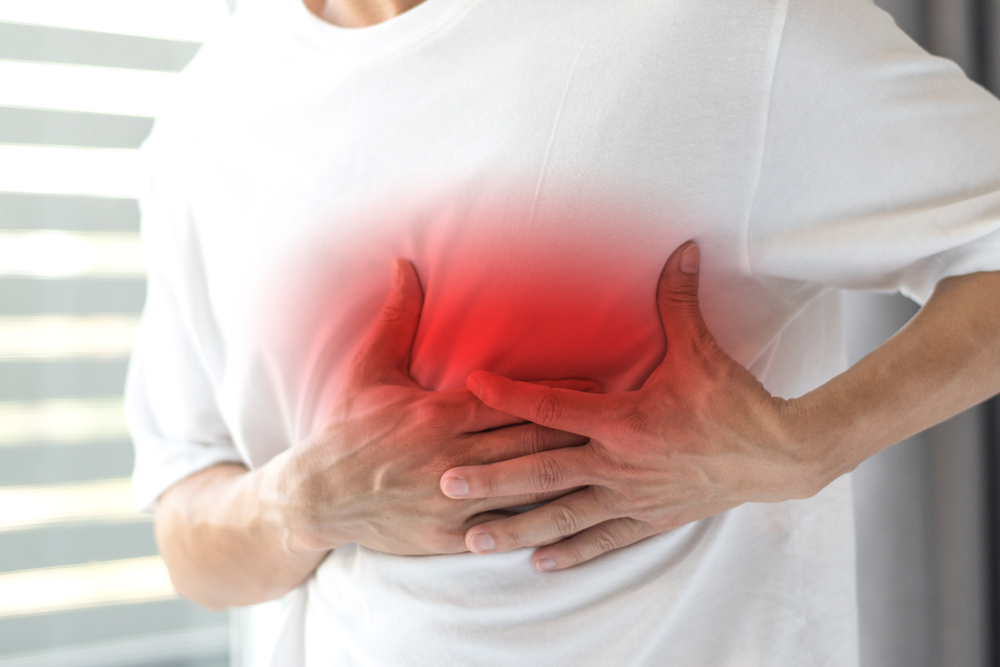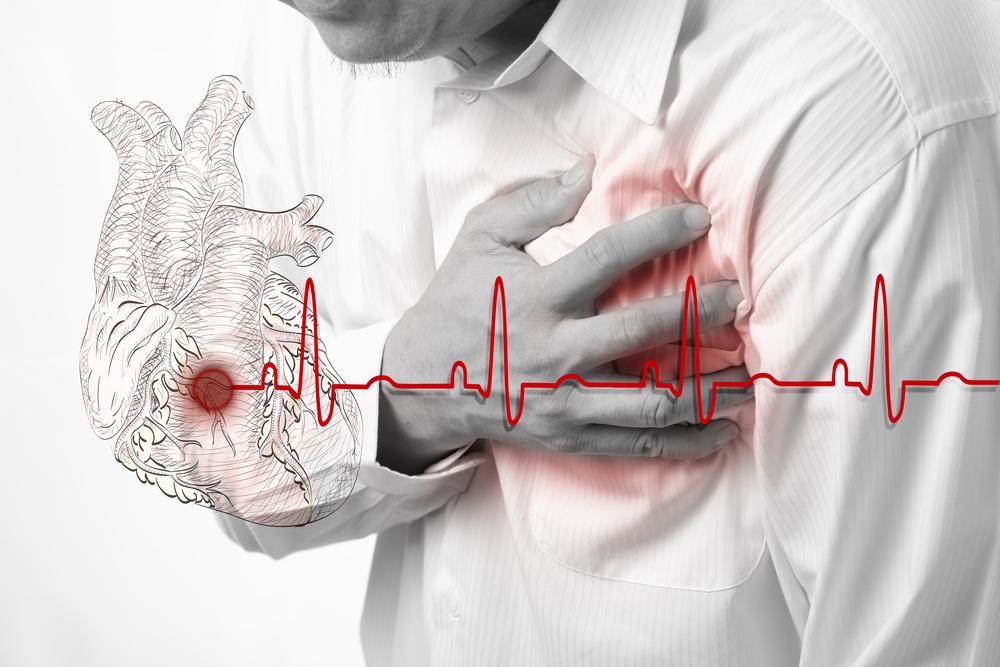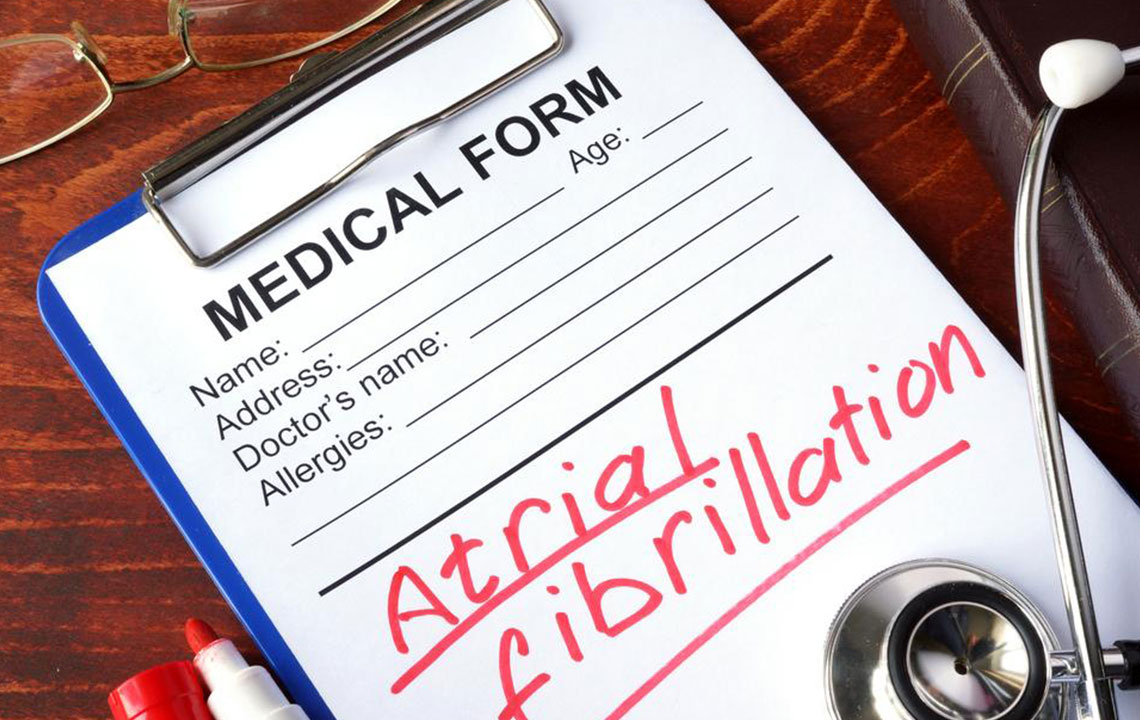All You Need To Know About Atrial Fibrillation
All you need to know about atrial fibrillation
Atrial fibrillation is a complication of the heart caused due to irregular and rapid heartbeats. Normally, the heart beats of the upper two chambers of the heart should be in synchronization with the heartbeats of the lower two chambers. In the case of atrial fibrillation, the heartbeats are not in synch. AFib treatments aim towards normalizing the heart rate.
Treatments can include AFib stroke medications and surgeries that can be open-heart surgeries and minimally invasive procedures.

What are the common causes of atrial fibrillation?
- One of the leading causes of atrial fibrillation is a family history of AFib that may be passed down through genes.
- An excess consumption of alcohol can also cause atrial fibrillation.
- Diseases related to the heart valve can also cause atrial fibrillation.
- High blood pressure is another cause of atrial fibrillation.
- Viral infections, overactive thyroid gland, and metabolic syndrome can also cause AFib.
What are the risk factors for atrial fibrillation?
- Diseases related to the lungs such as COPD and sleep apnea is one of the common risk factors for atrial fibrillation.
- Being diabetic or overweight can also increase the risk of AFib.
- Diseases related to the heart such as heart failure, congenital heart problems, cardiomyopathy, coronary artery disease, and valvular heart disease are some of the other AFib risk factors.
- People over the age of 60 years are more susceptible to atrial fibrillation.
What are some of the common symptoms of atrial fibrillation?
- One of the most common and obvious symptoms of atrial fibrillation is irregular heartbeats that cause a lot of discomforts.
- Another symptom is a persistent feeling of weakness and fatigue.
- The above symptoms are accompanied by lightheadedness, dizziness, and short spells of confusion.
- There is shortness of breath and chest pain.
- The person tends to sweat profusely.
How is atrial fibrillation diagnosed?
- The initial diagnosis of atrial fibrillation involves conducting a physical examination and reviewing the medical history of the person.
- A doctor will also monitor the signs and symptoms experienced by the person.
- Tests such as electrocardiogram are one of the most common and basic tests to diagnose atrial fibrillation.
- Other tests include an echocardiogram, chest X-ray, and stress tests.
- Blood tests are also suggested to determine whether the person has thyroid or other substances in the blood that might lead to atrial fibrillation.
What are the common AFib treatments recommended?
- One of the common AFib treatments involves resetting the heart’s irregular rhythm.
- Cardioversion is used to reset the irregular heartbeats.
- Cardioversion AFib treatments include electrical cardioversion that involves delivering short electrical shocks to the heart with patches and paddles placed on the chest.
- If cardioversion does not work, one of the common AFib treatments is to do catheter ablation. This treatment involves correcting the heart’s rhythm by inserting long and thin tubes and destroying cells that cause palpitations. This is done by delivering radiofrequency energy, extreme cold or heat to these cells.
- Surgical maze procedures are another set of AFib treatments. This involves open-heart surgeries and creating a series of scar tissues on the heart with precise incisions.
- Atrioventricular (AV) node ablation is also one of the common AFib treatments. In this treatment, radiofrequency energy is delivered through a catheter to the pathway that connects the lower chamber to the upper chamber of the heart.
What are atrial fibrillation medications usually prescribed by doctors?
- A few common AFib stroke medications include blood thinners called anticoagulants that prevent blood clots and strokes.
- Apart from electrical cardioversion, there is also another form of cardioversion. This another type uses atrial fibrillation medications called antiarrhythmics that help to normalize the heartbeats.
- AFib stroke medications also help to restore irregular heart rate.
Are there any preventive measures of atrial fibrillation?
- It is essential to do regular physical activities to avoid obesity and keep the heart rate normal or close to normal.
- The diet should be low in saturated fats, trans fats, salt, and cholesterol.
- It is best to completely avoid smoking and the consumption of alcohol and highly caffeinated beverages.
- Another important preventive measure of atrial fibrillation is to keep cholesterol and blood pressure under control.




